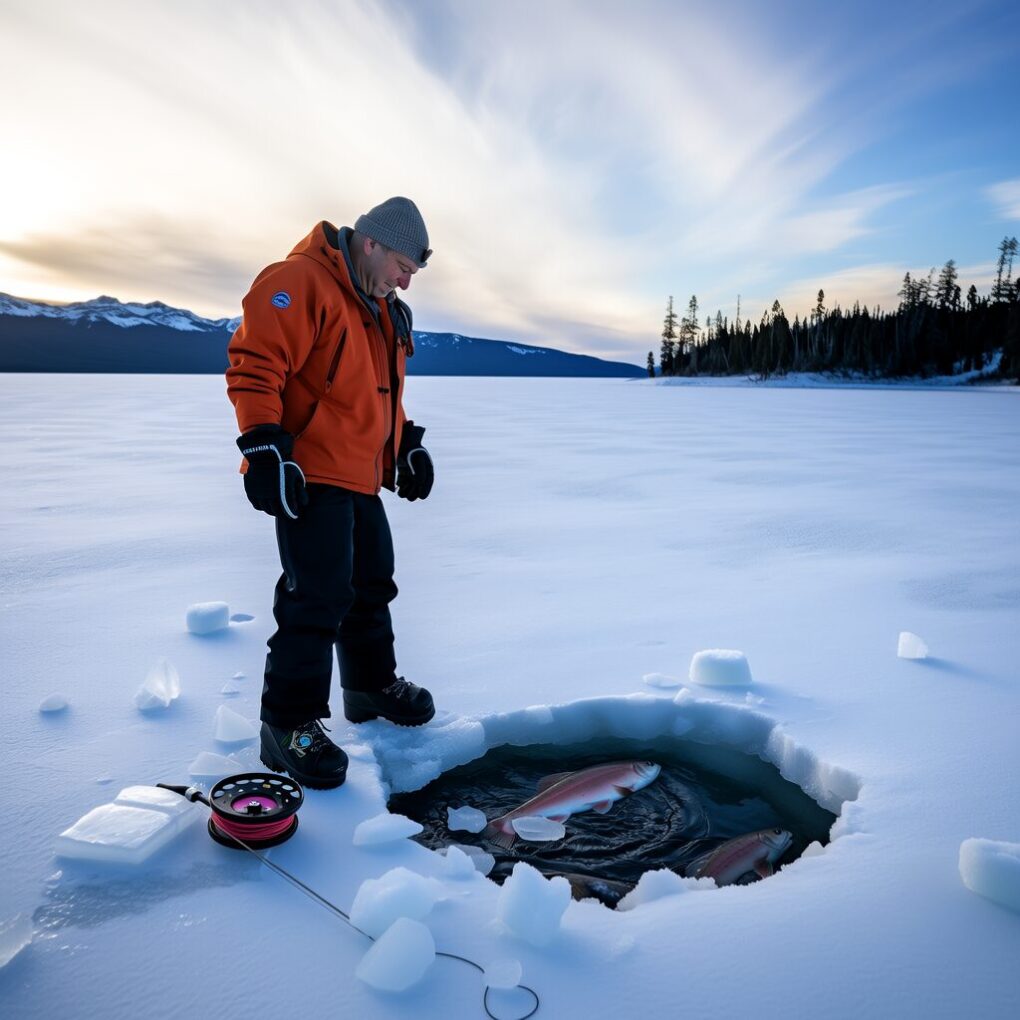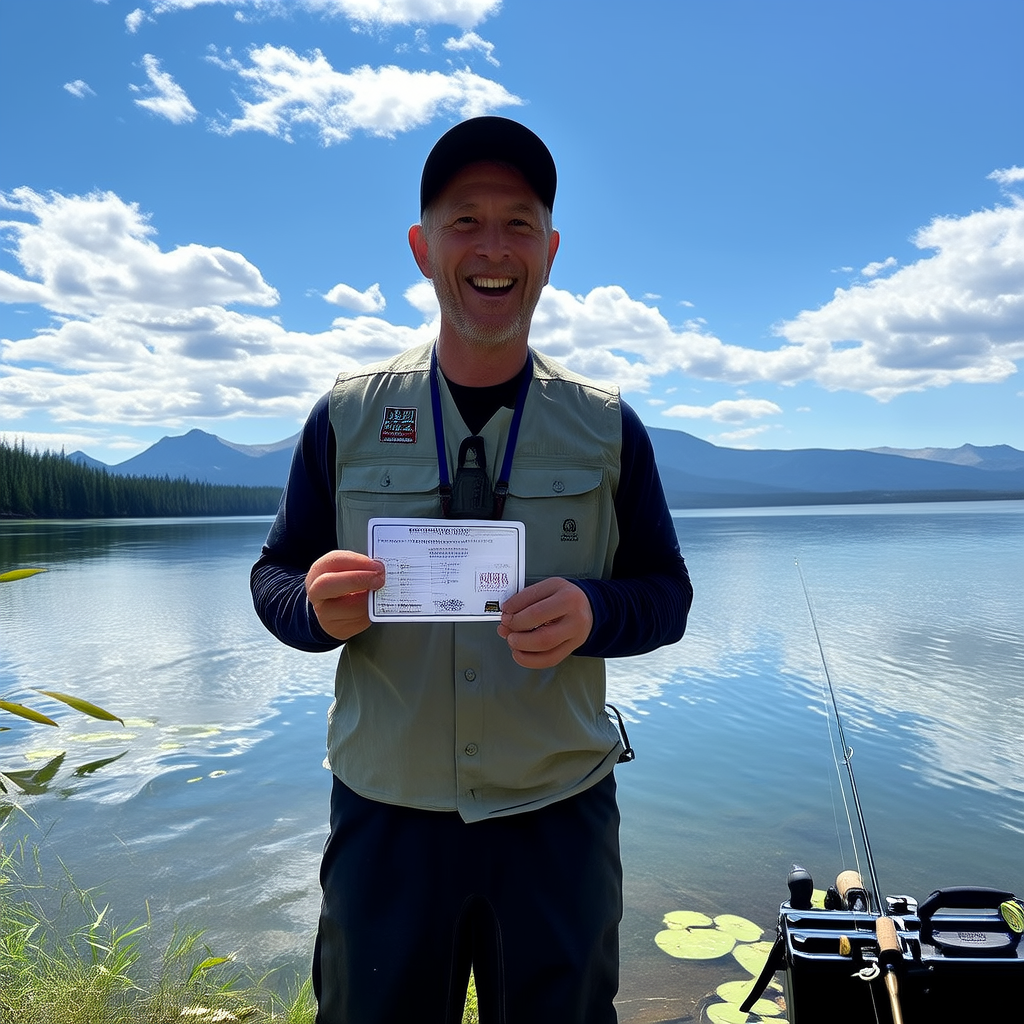Fishing rules and regulations exist to manage and control the fishing activities in order to ensure the sustainability of fish populations and aquatic environments. These rules prevent overfishing and promote responsible fishing.
The importance of fishing rules and regulations
1. Fish Stocks Conservation: Fishing regulations prevent the depletion and degradation of fish stocks through setting catch limits, regulating fishing techniques, and regulating fishing equipment.
2. Protection of Endangered species: Rules have been put in place to prevent endangered species from being overexploited, and driving them to extinction.
3. Conservation of Aquatic Habitats : Regulations are designed to minimize the impact that fishing activities have on aquatic habitats and ecosystems, and ensure their long-term integrity and health.
4. Promotion of Sustainable Fisheries Practices: Rules encourage fisherman to adopt sustainable fishing techniques that ensure long-term viability for fish populations.
Fishing Regulations and Rules
5. To prevent overfishing, fishing regulations often limit the size and number of fish that may be caught.
6. Gear Restrictions: There may be rules that restrict the use of certain fishing methods or gears that can harm fish populations or habitats.
7. Closed Seasons: Certain fishing areas are closed at certain times of the season to protect fishes during their breeding season.
8. Protected Areas – Special regulations can designate certain areas to be marine reserves or sanctuaries, where fishing is prohibited in order to conserve sensitive habitats and flora.
Compliance with Fishing Rules and Regulations
9. To avoid accidentally violating the rules and regulations, it is important that fishermen become familiar with those in their locality.
10. Ignorance is not an excuse. It can lead to fines, penalties, and even criminal charges.
11. Keep up-to-date with any changes to fishing regulations and rules by checking with local authorities.
12. Compliance with fishing regulations requires responsible fishing practices, such as catch-and-release, proper handling of the fish, and respecting the size limits.
Penalties for violating fishing rules and regulations
13. Violations of fishing rules and regulations may result in penalties that range from fines, confiscation of equipment, suspension of fishing permits and even prison.
14. Repeat offenders can face harsher penalties, such as permanent bans on fishing.
15. All fishermen must adhere to the rules and regulations in order to protect fish populations, conserve aquatic habitats and ensure that fishing is sustainable for future generations.
16. To prevent illegal fishing and maintain marine ecosystem integrity, it is important to enforce fishing rules and regulations.
Conclusion
17. Fishing rules and regulations are vital in promoting sustainable practices, conserving populations of fish, and protecting aquatic environments.
18. The long-term viability of the marine ecosystems as well as the fishing industry depends on the compliance with these regulations.
19. By adhering to fishing rules and regulations, fishers can contribute to the conservation and sustainability of marine resources.




